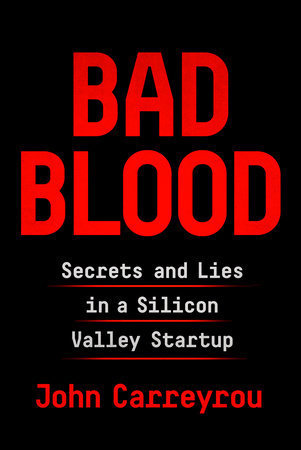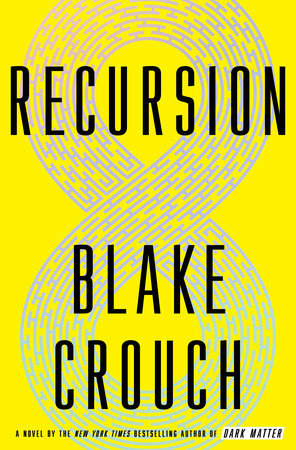What would happen if women were given powers that could strike fear into the hearts of men? With this interesting premise, Alderman explores how the world’s current power structure is upended. The Power sets forth to deliver a compelling feminist message, but its lackluster characters and storylines made it hard for me to truly appreciate the book’s overarching plot.
TRIGGER WARNING: Rape

The Power by Naomi Alderman
Pages: 341
Genres: Dystopia
RATING: ★★☆☆☆
Goodreads
Book Depository
Barnes and Noble
In The Power the world is a recognisable place: there’s a rich Nigerian kid who lounges around the family pool; a foster girl whose religious parents hide their true nature; a local American politician; a tough London girl from a tricky family. But something vital has changed, causing their lives to converge with devastating effect. Teenage girls now have immense physical power – they can cause agonising pain and even death. And, with this small twist of nature, the world changes utterly.
This extraordinary novel by Naomi Alderman, a Sunday Times Young Writer of the Year and Granta Best of British writer, is not only a gripping story of how the world would change if power was in the hands of women but also exposes, with breath-taking daring, our contemporary world.
The feeling of freedom. With such immense power at their fingertips women are suddenly given the opportunity to take from men, and they take advantage almost immediately. A gradual realization of ‘this is finally my chance’. There was a scene where women flood the streets and rejoiced and I could feel their elation of being free. I enjoyed reading women rebelling against their oppressors and young girls exploring their abilities. I felt jealous as the characters revelled in the power coursing through their veins, and almost wished it for myself.
The characters were not very compelling and some storylines fell flat. The book follows four characters, each with a different perspective on how this power has taken hold of the nation, and I only really liked two – Tunde, the male Nigerian journalist who follows the feminist movement, and Roxy, the young but powerful female head of a prominent London crime family. Tunde allowed me to see the most authentic responses from men and women alike and Roxy’s badass attitude and what happens to her throughout the book really made me empathize with her. On the other hand, Allie had a religious storyline that had me confused and Margot’s political power trip bored me.
A stream of consciousness writing style that I didn’t care for. Alderman writes in third person, but delves deep into the minds of her characters and takes on the world from their perspective such that you might as well have been reading each chapter in first person. Yet somehow the writing seems very removed and detached from these characters and made it hard to feel interested in their storylines. Perspectives seemed to blur together with the exception of a few personality quirks that set them apart.
An unsatisfying ending. I do have reservations on how Alderman ended the book – what started as a subtle evolution of the world’s mindset and its impact on the status quo suddenly turned into a blatant role reversal with women subjecting men to what they had undergone for many years. It felt rushed and disappointingly uncreative, as if Alderman couldn’t think up a satisfying ending so she turned to the most obvious solution. Is this what would have happened if women had powers? Maybe. Probably. I don’t know. But I didn’t feel convinced that it would have happened as quickly or as cruelly as Alderman portrayed it, and I would like to think that women would try to learn from the mistakes of men rather than immediately following in their footsteps.
The Power starts with an interesting premise and a fascinating view of how women from different backgrounds could rise up in society if given a chance. However it devolves into vicious savagery that left me hollow and seemed like an extremely pessimistic view of women. My lack of attachment to the characters also made it difficult for me to really invest myself in the story. Though a thought-provoking book with lots of potential, The Power just didn’t deliver as well as I’d hoped.






